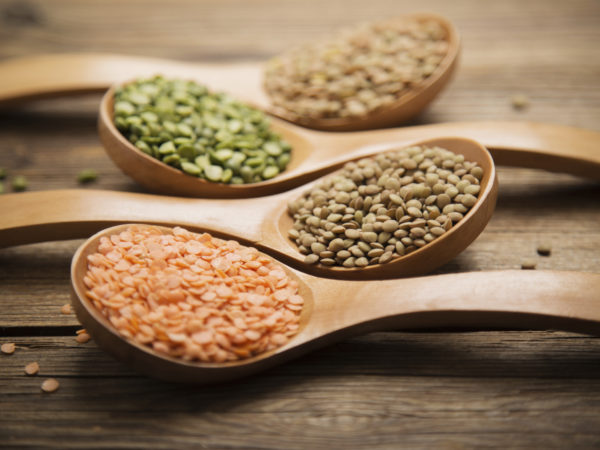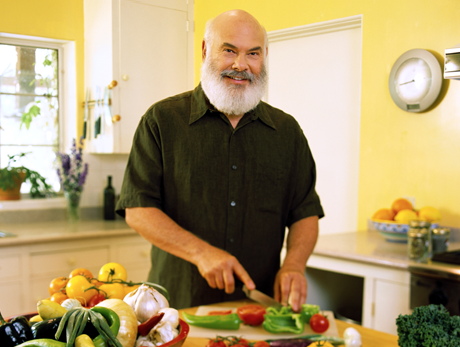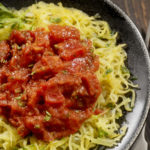Why Zinc Is Essential To Health

Want to encourage healing, boost your immune system, and help protect against vision loss? You should consider zinc. This mineral plays an important role in cell production, including creating new skin cells, but how much you take is important – moderate doses of zinc can enhance immunity, while high doses can actually depress it and should be avoided.
Beware that those taking oral contraceptive (birth control), steroids or non-steroidal anti-inflammatories (i.e., ibuprofen) are at higher risk for zinc deficiency and should work with their doctor to determine if supplementation is appropriate as dietary intake may not fully cover the potential losses.
The best plant sources of zinc are legumes (dried beans, garbanzos, black-eyed peas, lentils and peas), organic soy products and whole grains. Grass-fed red meat and cooked oysters are good animal sources. Dairy products and other foods high in calcium can decrease zinc absorption, while protein-rich foods can enhance it.
Because copper can be depleted when taking zinc supplements, I recommend a multivitamin or a zinc supplement that includes both zinc and copper (generally 10 percent of the zinc dosage), taken with a meal to avoid stomach upset. Try keeping your zinc supplementation dosage under 30mg total daily unless advised by your doctor to take more.
Today’s Health Topics
Editor's Pick
Health Focus
Ask Dr. Weil's Q&A
| sponsor | ||
 |
||
|
||
|











